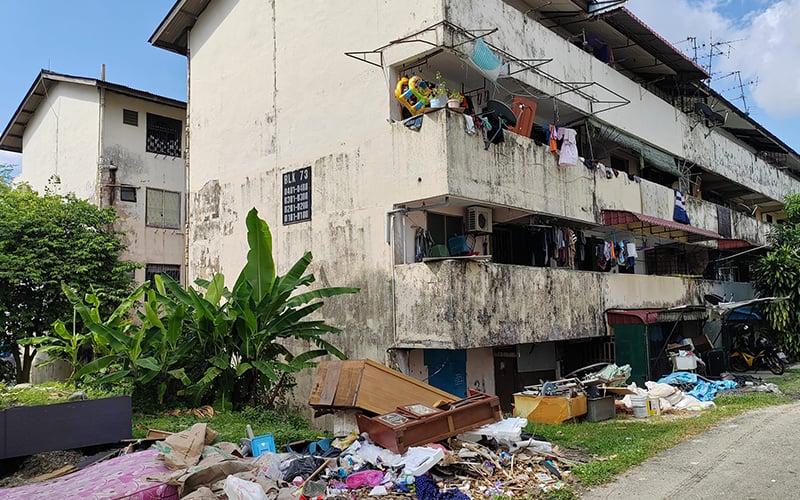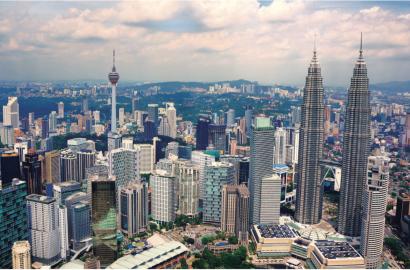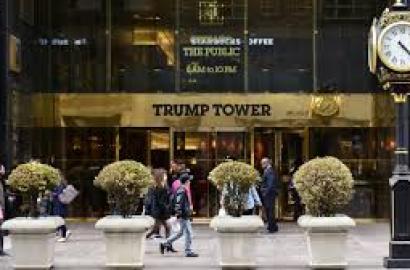Explore Our Exciting New Property Listings Now Available in Prime Locations!

The proposed Urban Renewal Act (URA) will not alter the ethnic composition of residential areas or force property owners to give up their homes, says the Prime Minister.
On the contrary, Datuk Seri Anwar Ibrahim said, the URA would protect the original owner’s rights, regardless of race, to ensure that there would not be issues such as forceful removal or evictions.
“The government will also ensure that each original owner of a property understands the rights and protection provided,” he said during the Prime Minister’s Question Time at the Dewan Rakyat yesterday.
Anwar refuted accusations by the Opposition that the government had rushed through the URA, explaining that the legislation was an ongoing effort since 2012.
He said guidelines on drafting the URA were introduced that year with the draft Bill proposed in 2013.
He explained that in 2020, the then federal territories minister led the urban renewal programme and a year later, the enactment process began.
Subsequently, he said, two other ministers holding the portfolio continued with the process using the same principles.
Anwar added that in 2022, then Federal Territories Minister Tan Sri Shahidan Kassim announced that Kuala Lumpur City Hall (DBKL) had identified over 30 areas where urban renewal projects could be carried out.
At the same time, Anwar said the government conducted 74 engagement sessions on the URA.
“We take into account the issues faced by the people.
“Recently, I went to the Seri Perlis flats in Bandar Tun Razak which is among the oldest and poorest. We cannot just let it be and that is why talks (on URA) began,” he pointed out.
Anwar was responding to Tan Kar Hing (PH-Gopeng), who asked about the government’s commitment to introducing the URA.
The proposed URA, expected to be tabled later this year, will, among others, allow the “en bloc” sale of entire strata developments even if not all owners agree. Such a sale happens when all unit owners of a building agree to sell their units to a single buyer, often for redevelopment purposes.
Presently, Section 57 of the Strata Titles Act 1985 states that a strata development can only be sold if there is 100% agreement from the owners.
The proposed URA aims to lower this threshold, depending on the building’s condition and age. Elaborating further, Anwar said the proposed legislation will facilitate redevelopment of dilapidated or abandoned projects.
“For example, if the building is less than 30 years old, then it needs 80% approval and for those older than 30 years, it requires 75% approval.
“For abandoned housing projects, a simple majority of 51% could suffice,” he said, adding that this was the best way to assist impoverished Malays.
“For example, like in the Razak Mansion, prices continue to rise there, from a mere RM400 per sq ft to RM800 per sq ft. The mediation process must continue but (redevelopment) projects cannot be delayed,” Anwar added.
On Feb 20, Perikatan Nasional chief whip Datuk Seri Takiyuddin Hassan claimed that the unity government was rushing to pass the URA, saying Anwar failed to present a copy of the Bill to MPs in the present Parliament sitting.
Muar MP Syed Saddiq Syed Abdul Rahman of Muda also claimed that the government was trying to “confiscate houses”, alleging that through URA, the government would reduce the value of the development approval threshold from 100% to 80%.
In refuting this, Housing and Local Government Minister Nga Kor Ming said the URA would address the social impact of redevelopment, with safeguards to ensure no one was left homeless when their properties were acquired.

Catatan berkaitan:
The Ascott Limited, the lodging business unit of Singapore's CapitaLand Investment (CLI), is stepping up its global talent development efforts to support the opening of more than 300 new properties by 2028 — including key locations in Malaysia.
The Indonesian government has blocked a billion-dollar real estate development outside Jakarta that was to include luxury properties under US President Donald Trump's brand, citing environmental damage, officials said Friday.


